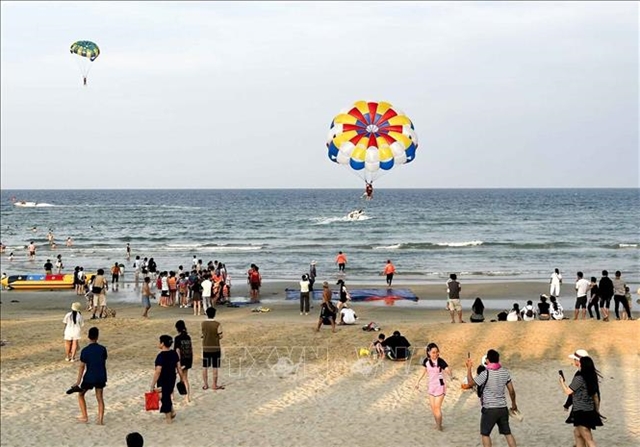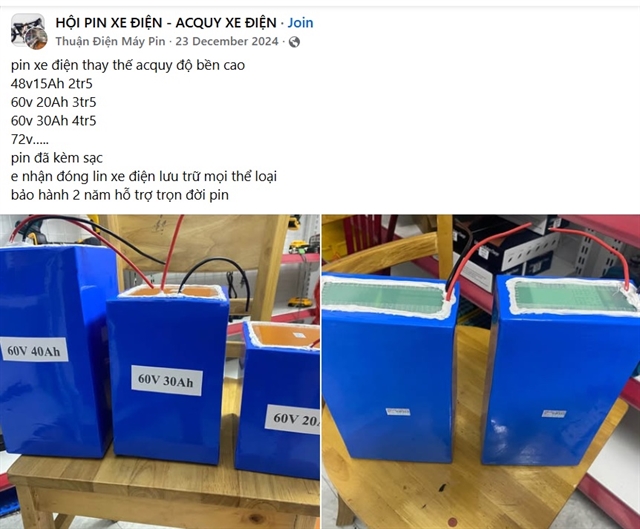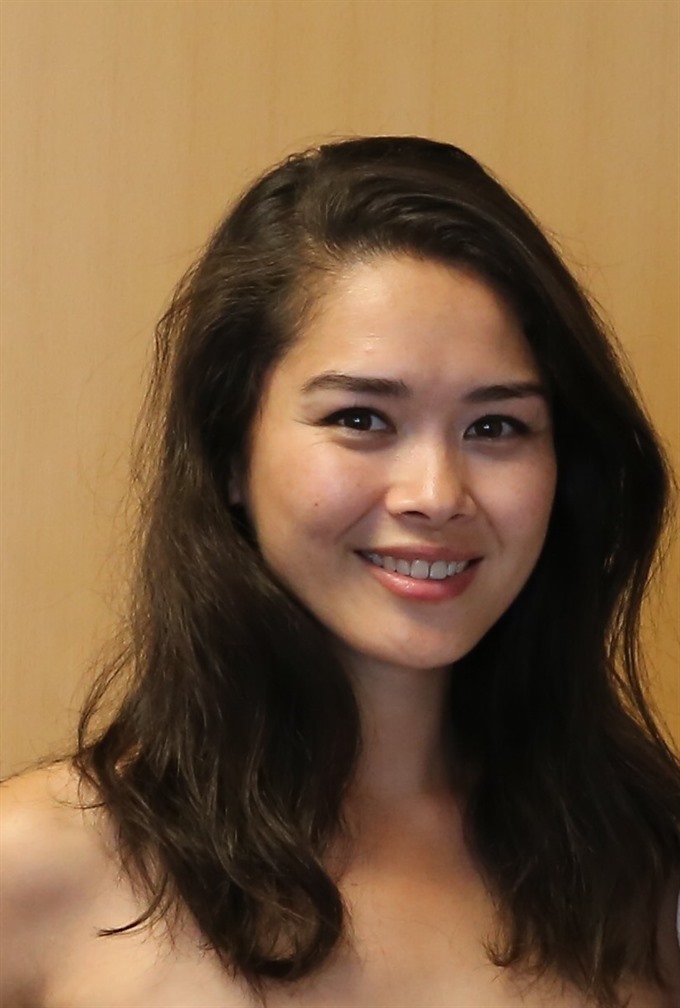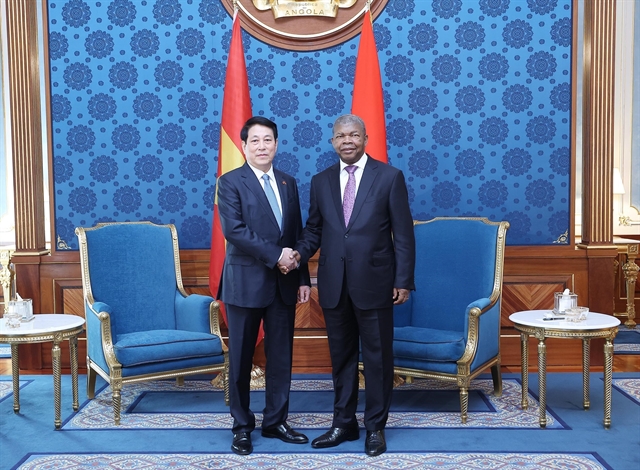 Life & Style
Life & Style

French actress of Vietnamese origin, Audrey Giacomini, stars in the film Ciel Rouge (Red Sky), directed by César winning Olivier Lorelle. The 31- year old actress, who rose to fame with the award-winning film Mr. Nobody, tells Vương Bạch Liên she’s always wanted to play a real Vietnamese woman.
 |
| French actress of Vietnamese origin, Audrey Giacomini.— VNS Photo Bạch Liên |
French actress of Vietnamese origin, Audrey Giacomini, stars in the film Ciel Rouge (Red Sky), directed by César winning Olivier Lorelle. In the film, which was introduced in Hà Nội and HCM City last week, she plays the role of Thi, a Vietnamese young and courageous woman who fights for national independence and freedom. This is the first ever French film about the first Indochina War in which the heroine is a Việt Minh resistance soldier.
The 31-year old actress, who rose to fame with the award-winning film Mr. Nobody, tells Vương Bạch Liên she’s always wanted to play a real Vietnamese woman.
What motivated you to take this role?
I fought fiercely to get this role. Six years ago, I’d played the role of a Vietnamese girl named Phương in the film Sài Gòn, l’Été de Nos 20 ans (Sài Gòn, Summer When We Were 20 Years Old) which was shown on French television. Phương was a self-important and artificial girl, who only spent time making up.
But when I look at my Vietnamese grandmother and my mother, I know that Vietnamese women are not so simple. They taught me how to behave correctly, and about hierarchy in the family. They are severe and sweet at the same time. I have always wished to have the opportunity to play the role of such a Vietnamese woman.
So was playing Thi difficult?
Yes, it was difficult because it was the first time I could play such an important role. I had a lot of pressure. I didn’t want to deceive the film director and the public. And more importantly, it is a film about a Vietnamese resistance fighter, and I have Vietnamese origin, so I wanted to do well.
How did you prepare to play the role in that film?
It tells the story of a young Vietnamese woman who studied at the French secondary school in Huế City and who decided to take part in the war.
She left home at the age of 16 and joined the Việt Minh resistance force, to become a barefoot revolutionary in the jungle.
She travelled across the whole of Việt Nam, sometimes alone, to fight for her country. This woman is very strong and she inspired me a lot.
I also talked with my maternal grand-mother who is 100 per cent Vietnamese and who married my grandfather, who is half Vietnamese and half French.
Through her stories, I learnt more about the experiences of Vietnamese women during the war. Later, I also studied Vietnamese with a Vietnamese teacher in France. I understood that learning the language is very important to know about the culture of a country.
Can you tell us something about your more memorable moments when shooting in the northern mountainous region here?
I have very good memories of the magnificent landscapes that I have seen. I’d visited Việt Nam three times before, but had only stayed in the South. This is my first stay in the North.
To shoot the film, we went to the jungle around the Ba Bể Lake. And when we arrived, a flock of butterflies surrounded us. We were all moved by this beauty. And then it was wonderful to be on a raft on the lake.
And the mountains in Hà Giang took my breath away.
Did your grandparents tell you many stories about Việt Nam when you were younger?
No, when I was small, they didn’t talk much. Only my mother told me a few stories about her early days in France. She was five years old when she first came to France. She told me that it was winter then, and she believed that all French people smoked as she saw smoke coming out from their mouth. She didn’t know that it was their breath. When she saw snowmen, she thought that they were monsters.
But when I grew up, I was able to learn a lot about Việt Nam, its culture and traditions. My family has preserved some traditions like the Tết (Lunar New Year) celebrations.
I take full advantage of eating Vietnamese food … I feel Vietnamese myself when I use chopsticks easily, not only to eat, but also to cook. — VNS




